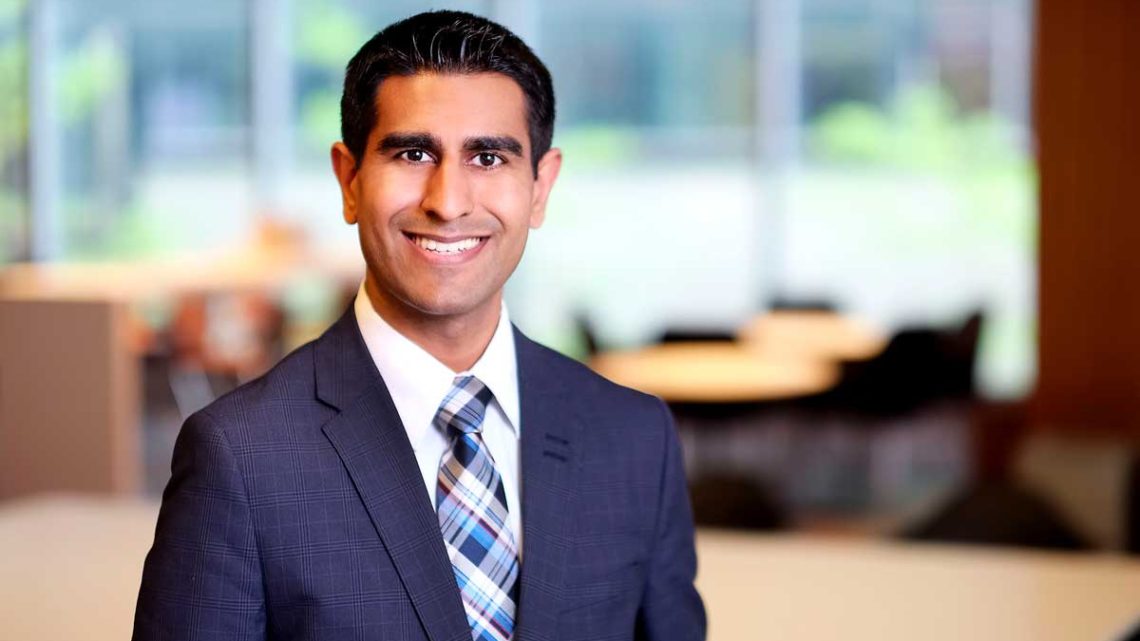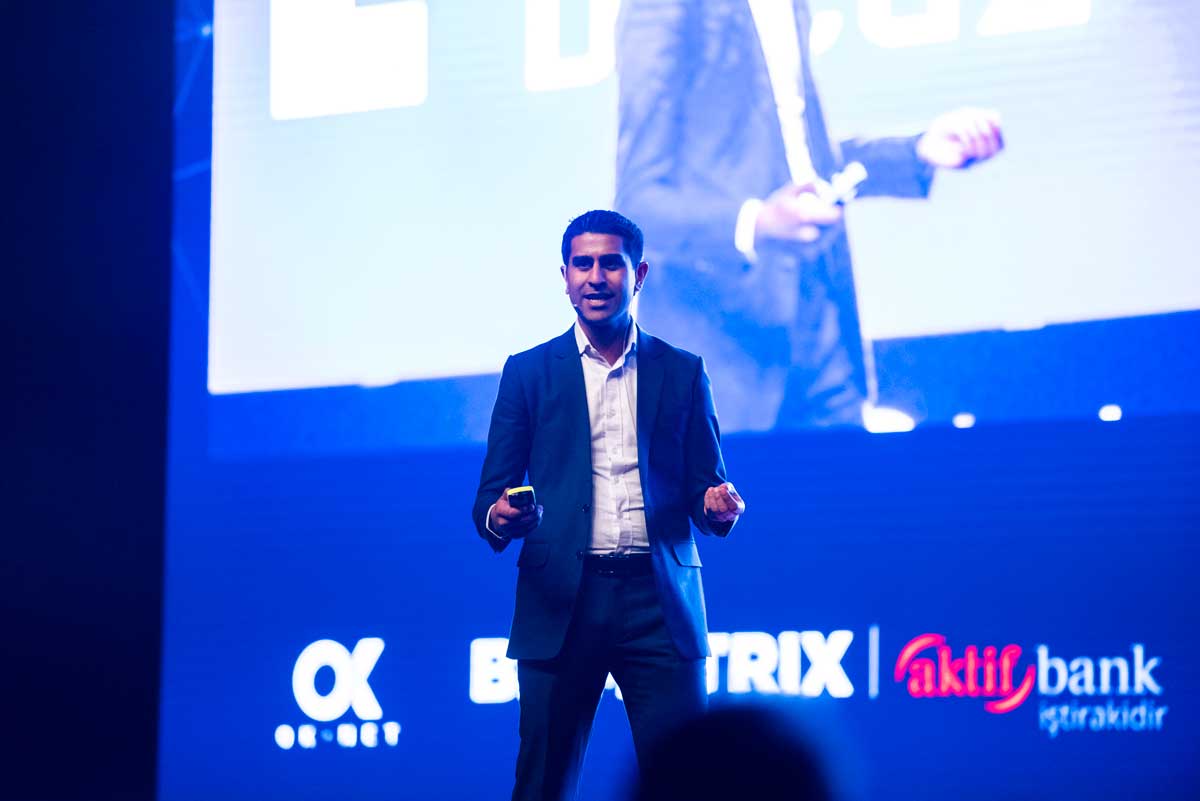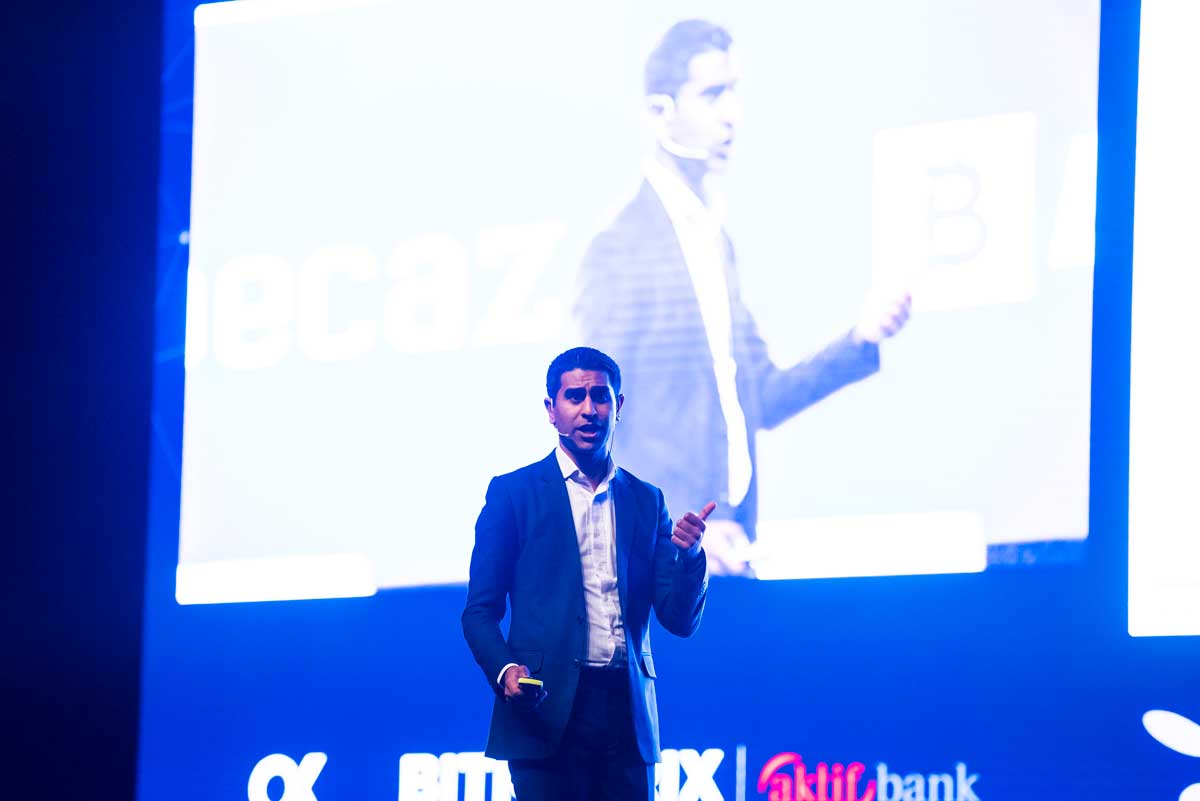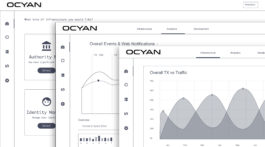We made an exclusive interview with Aly Madhavji, Managing Partner at Blockchain Founders Fund, and talked about blockchain revolution.
Aly Madhavji is the Managing Partner at Blockchain Founders Fund, Senior Investment Advisor to BitBlock Capital and Fiat Capital Fund, and a Co-Founder and the Former CEO of a digital currency exchange. He is also an avid investor in early stage companies. He has served on various blockchain advisory boards including Polymath and traditional advisory roles including the University of Toronto’s Governing Council. He currently consults organizations such as the United Nations (UN) on emerging technology solutions to help alleviate poverty, support business ecosystems, increase financial inclusion, and improve society at large to help achieve the UN Sustainable Development Goals. He is an internationally acclaimed author, publishing three books, including the award-winning book titled, “Your Guide to Succeed in University”, as part of the Succeed Series. Aly was previously a Consultant focused on corporate turnarounds and worked on strategy for PayPal and INSEAD. He has lived and worked across 4 continents (North/South America, Europe, and Asia) with PwC, PayPal, Microsoft, Bloomberg, and INSEAD. He also holds the Chartered Professional Accountant, Chartered Accountant, Certified Management Accountant, and Chartered Investment Manager designations.
In your presentation you have shown many different examples about the blockchain based economy system. Which sectors show the largest transformation in the blockchain area?
There are plenty of industries which show very strong promise. According to Senior Executives surveyed by Deloitte, Supply Chain, Internet of Thing (IoT), and Digital Identities hold the most promise. We also believe there is strong potential on the tokenization of securities with solutions such as Polymath and great use cases for blockchain within governments and central banks. Of course, there is also plenty of value on truly decentralized protocols which creates substantial value for the public.
What do you want to say about the blockchain revolution and the new business models?
In many cases there can be new or enhanced business models due to the nature of a blockchain layer. For businesses it’s generally about decreasing costs through savings, which can be achieved through increased transparency and traceability as well as abilities to quickly identify and isolate bad actors or outbreaks. There is also the benefit of increased revenues or customer loyalty through areas such as improved information available to the customer which creates trust given a global trend where consumers want to know more about their products including their food.
From a new business model perspective, a company named ReelCash is leveraging blockchain to create trust and transparency to consolidate a fragmented sports fishing market.
Also, a Singapore based company named AllRites is revolutionizing the professional content entertainment sector by leveraging blockchain for content rights management paired with helping to sell content to content acquirers and to stream unsold content into countries which previously never had a legal way to obtain such content.
This is just a couple examples of companies enabling new business models through the use of blockchain technology.
What are some blockchain projects you think can transform our future life?
Blockchain has the potential and is already making strides towards significantly transforming and improving our everyday life.
In the supply chain sector there are organizations such as Walmart, Tsinghua University, IBM, Jingdong (JD), VeChain, and Discovery IoT making very big progress on improving food supply chain and logistics. In the long run, this will impact most of the food we consume and products we use.
In the education sector, organizations such as the Massachusetts Institute of Technology (M.I.T.) Media Labs and Open Source University (OS.University) are combatting and eliminating fake degrees and transcripts through a single-source of truth system leveraging blockchain technology.
In the cybersecurity space, there is Cryptyk working with IBM, as an Embedded Solution Partner, to combat a $1 Trillion Dollar data hacking problem annually.
In the finance sector, there are companies such HSBC which has already settled over $250 Billion USD of transactions over the last year on their internal blockchain with over a 25% savings versus the traditional method used. Companies such as Zed Network are lowering remittance costs and Polymath is revolutionizing investment banking.
What shortcomings do you feel are there in the blockchain ecosystem at the moment? What should be done to overcome them?
There are several major shortcomings related to blockchain. From our investment perspective at Blockchain Founders Fund, we often find that companies are building solutions for an industry in isolation of experts within that industry. What this means is that they are not working directly with industry leaders within the industries which they are trying to solve a problem for. Sometimes this can work but, in most cases, we want to see organizations within an industry finding real value for the solution being developed and working directly with the start-up organization.
We also see significant delays on product development and over-promising and under-delivering by many blockchain or cryptocurrency-based companies. Our belief is that companies should focus on product development and real solutions to bring to market rather than the hype which is often created in this industry.
We commonly find blockchain companies do not have a monetizable model and poorly manages treasury funds, this causes a problem for these companies related to long-term viability.
What are your expectations from blockchain initiatives as an investor?
From an investment perspective we are looking for a strong return on investment built in a sustainable manner with real product development and customers who find value from these products. Many of these companies do not have a cryptocurrency aspect and are laser focused on product and business development.
How they should start and progress. What should they do for the take investors attention?
The best way to gain investor attention is to bootstrap, find a real market need, and build a product and/or pilot. If you are on this trajectory and can show some traction, investors will be more interested in opportunities with your company. Often times, we work with companies through our Venture Builder to help companies be laser-focused on product strategy and go-to-market which is a key differentiator for our portfolio companies to be able to secure additional investment.
I want to ask your impression about Turkey. Where do you see our position in the ecosystem?
I really enjoyed my first time in Turkey at the Blockchain Economy Istanbul Summit. Turkey has had a very enthusiastic community related to blockchain and cryptocurrency. What we need though is a stronger focus on real blockchain development to solve real problems for local and global businesses and consumers.
What are your advices to investors and new ventures in the new digital economy?
As investors in the space, we believe in a more transparent and trustworthy world. Blockchain enables this vision to become a reality. This means that there are and will be many opportunities to support exciting blockchain companies focused on solving real world problems.
For new ventures, focus on who your target customer is and how you are creating value for them. Work towards building and proving that hypothesis which will lead to a much stronger value proposition for investment and growth.








